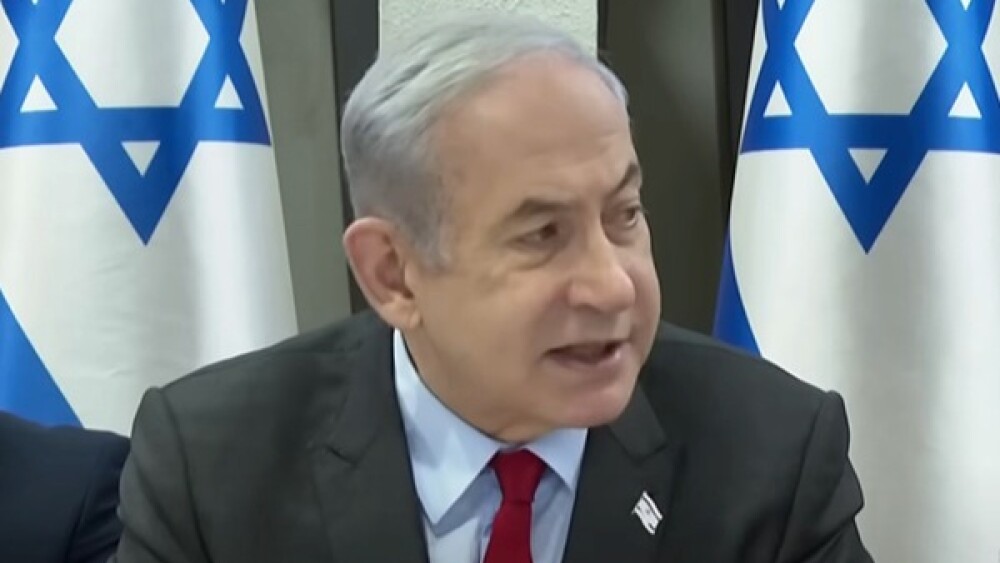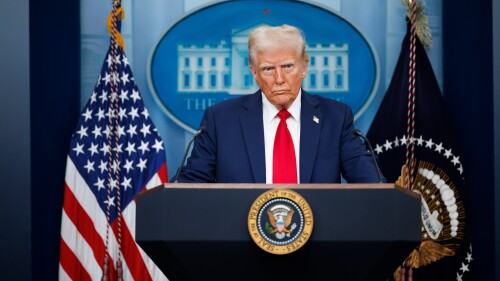The chance killing of Hamas leader Yahya Sinwar on Wednesday represents “the beginning of the end” of the war in the Gaza Strip, claimed Prime Minister Benjamin Netanyahu.
It’s not entirely clear what he meant by the bold statement, but then again, it hasn’t been clear throughout the entire war how the IDF’s remarkable tactical successes can lead to the end of Hamas rule in Gaza, the disarming of its terror army and the return of the hostages.
The elimination of Hamas’s most dominant figure could open a small window of opportunity to achieve Israel’s elusive war aims, none of which have yet been secured. Senior US officials — including Defense Secretary Lloyd Austin and Secretary of State Antony Blinken — both indicated that they see a chance to end the war in the near future, and many world leaders echoed that sentiment.
One question, though, is how much of an influence Sinwar had on Hamas’s operations at this stage. Gaza has been cut in two — or more — for most of the war, and Hamas cells have had to operate independently against IDF forces.
Published originally under the title “PM Sees Opportunity in Sinwar’s Death. Does That Mean Escalation in Fighting or a Deal?”
Read the full article at the Times of Israel.








